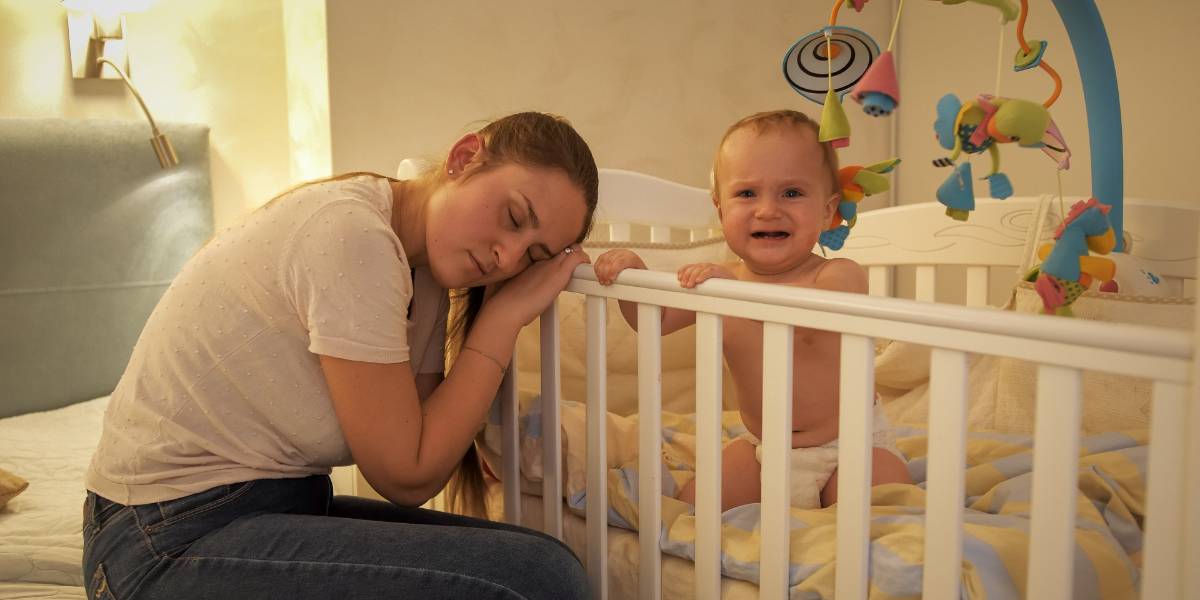The findings of a new international study show that people sleep less in mid-adulthood than at any other point in adulthood.
More than 730,000 people in over 60 countries took part in a neuroscience study to aid Alzheimer’s research which included surveying the participants on their sleep patterns.
The study, led by University College London (UCL), the University of East Anglia and the University of Lyon, has revealed that sleep duration reduces in early adulthood until the age of 33 and does not increase again until the age of 53.
It found people sleep an average of 7.01 hours per night, with women sleeping 7.5 minutes longer than men on average.
The youngest participants, aged 19, slept the most. Sleep duration then declined throughout people’s 20s and early 30s before plateauing until their early 50s and increasing again.
The newly-identified key ages of 33 and 53 were the same for men and women.
The researchers say the decline in sleep during mid-life may be due to demands of childcare and working life.
One of the study’s authors, Professor Hugo Spiers, of UCL Psychology & Language Sciences, said: “Previous studies have found associations between age and sleep duration, but ours is the first large study to identify these three distinct phases across the life course.
- Study finds getting 8,200 steps a day reduces risk of high blood pressure, sleep apnoea and depression
- Lack of sleep in adolescence increases obesity risk, research shows
“We found that across the globe, people sleep less during mid-adulthood, but average sleep duration varies between regions and between countries.”
People in Eastern European countries reported sleeping an extra 20 to 40 minutes per night whilst those in South East Asian countries reported sleeping the least.
People tended to sleep a bit less in countries closer to the equator.
The study was published in the journal Nature Communications.





